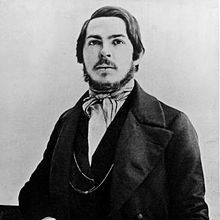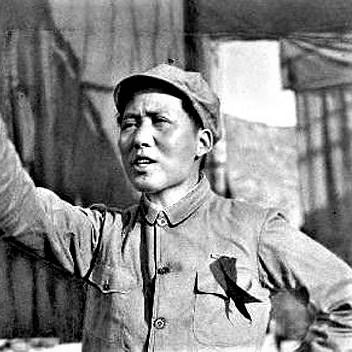Intermediate Readings
Here is a list of miscellaneous readings for the average Leftist. Everything on this list is freely available online.
Amilcar Cabral's Theory of Class Suicide and Revolutionary Socialism
by Tom Meisenhelder
This is a short introduction to Amilcar Cabral's work on the concept of "Class Suicide" which refers to the act of privileged persons putting their personal interests aside to support Socialist revolution. There is often debate about the role of privileged persons in Socialist revolution, and a lot of controversy around how Socialist revolutions in the Third World should take place when we do not have what persons typically refer to as the "bourgeoisie" and "proletariat" that existed in Europe since the 19th century.
The Communist Manifesto
by Karl Marx and Friedrich Engels
This is the popular document which served as the basis of Socialist and Communist movements in the 20th century. It formalised the modern understanding of Communism, while presenting a critique of Capitalism during the height of the Industrial Revolution.
Criticism of the Revolutionary Internationalist Movement
by the Revolutionary Communist League of Britain (Marxist-Leninist)
This is a criticism of the Revolutionary Internationalist Movement and its ultra-Left tendencies. It highlights the similarities between Trotskyism and Marxism-Leninism-Maoism.
On Growth and Imperialism
by Ernesto Guevara
This is a speech given by Che Guevara, in an address to the United Nations in 1961. He questions whether economics can really be separated from politics, and if it is possible to have Democracy in a country where most of the wealth is concentrated into the hands of a few individuals while the broad masses remain poor.
Imperialism 101
by Michael Parenti
This is the first chapter of Michael Parenti's book, Against Imperialism. It gives a historical understanding of imperialism, as well as how imperialism and Capitalism benefit each other in the modern world.
On the People's Democratic Dictatorship
by Mao Zedong
This is a piece by Chairman Mao, where he speaks of the importance of Marxism-Leninism to the survival of the Communist movement in China. He notes the importance of having a powerful authoritarian state to effectively implement the changes that are necessary to ensure socio-economic justice for the broad masses. This "dictatorship" - which makes the imperialists and Capitalists tremble - also empowers the people, thus making it democratic.
The Solution of the Economic Problem: Socialism
by Muammar Gaddafi
This book is the second of 3 books in Gaddafi's "Green Book" series. It outlines his view of what a Socialist economy and society should look like. He believes that housing is a right, and that everyone should own their own home. He also believes that farmland should be owned by the persons who work on it, not an arbitrary landowner who expects profits without doing work.
The South African Working Class and the National Democratic Revolution
by Joe Slovo
This is a piece which discusses the intersection of national liberation and class struggle, in the perspective of the South African Communist Party in 1988. Sometimes, national liberation is seen as a diversion from class struggle, and this notion is cautioned against.







